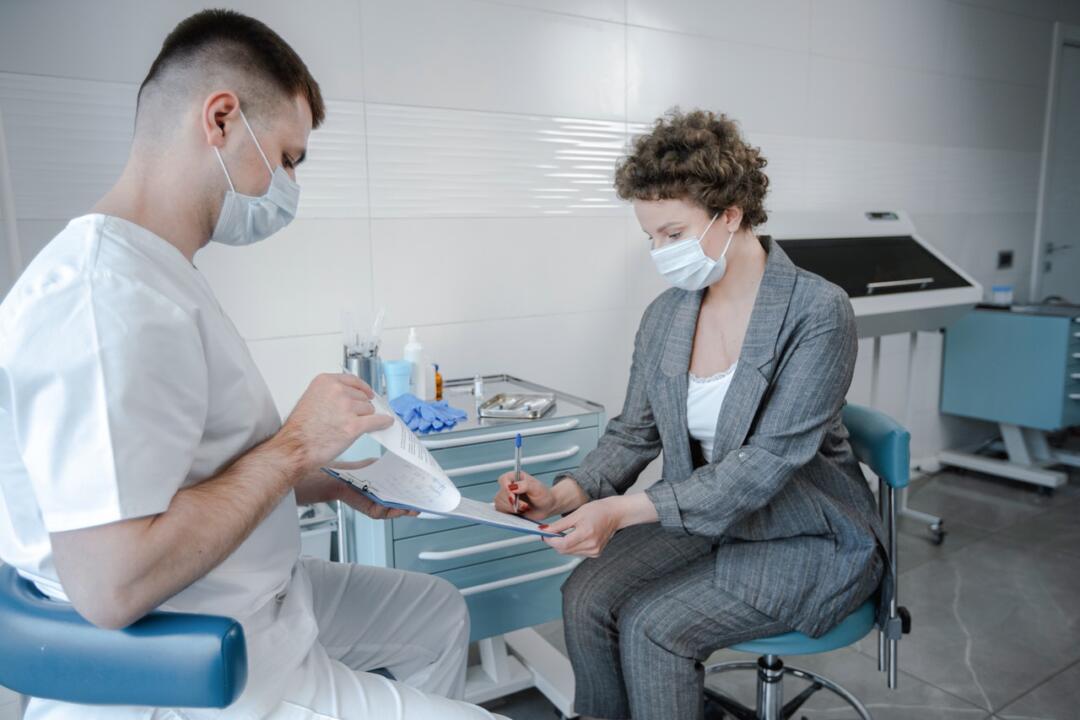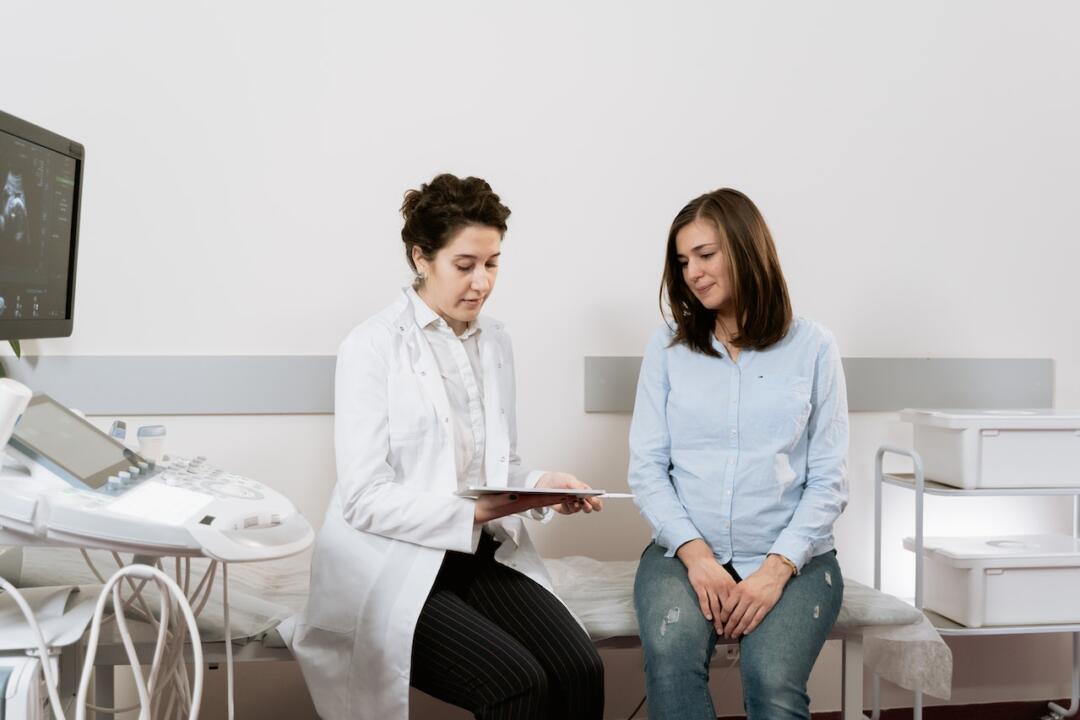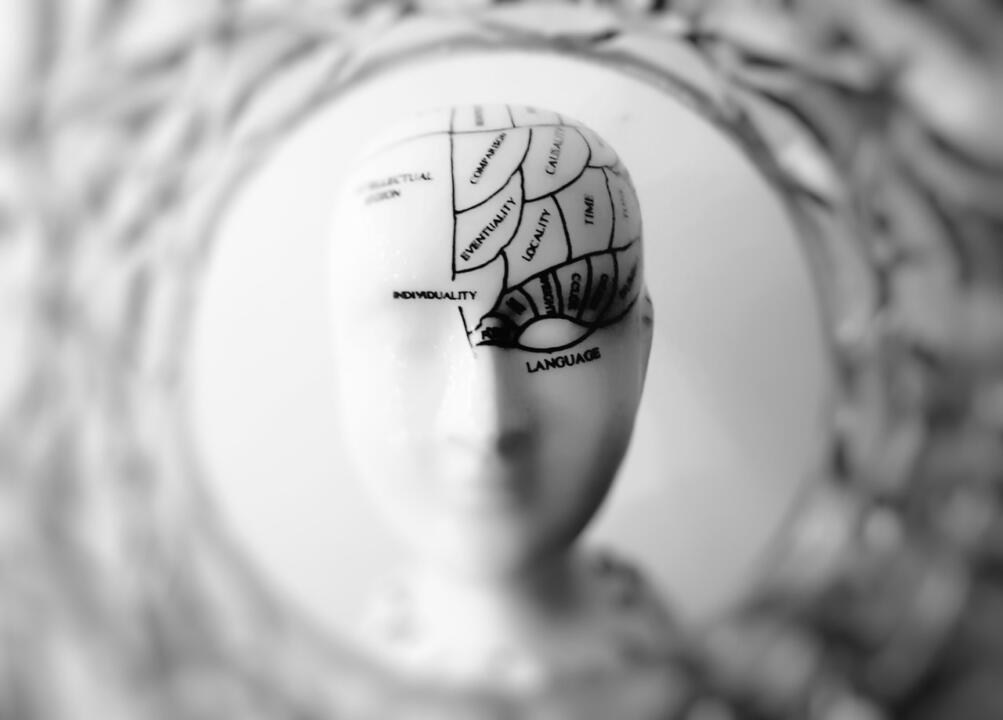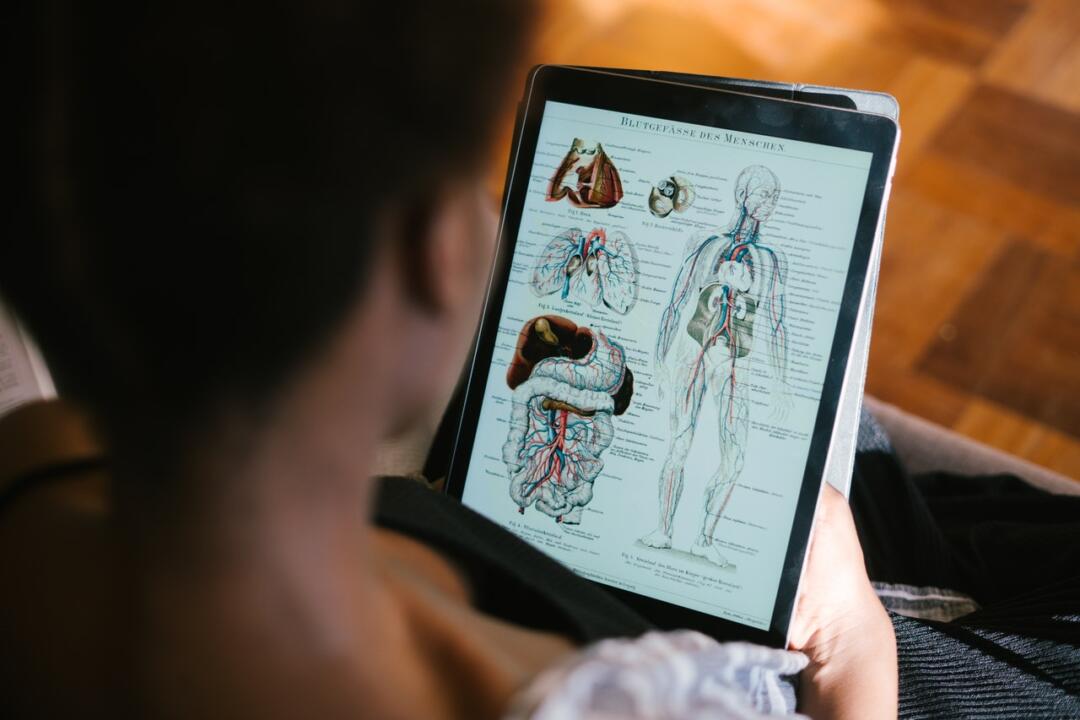Your cart is currently empty!
C6: Teamwork and Collaboration

Teamwork and collaboration are essential competencies in the medical field, emphasizing the ability of healthcare professionals to work effectively as part of an interdisciplinary team. As medicine becomes more complex and multidisciplinary, the importance of teamwork in delivering high-quality patient care has grown significantly. This competency involves several key elements:
- Communication: Effective communication is at the core of teamwork. Healthcare professionals must be able to share information, listen actively, and provide clear instructions. Good communication ensures that everyone on the team is well-informed and can work together cohesively.
- Respect and Trust: Teamwork thrives in an environment of mutual respect and trust. Each team member’s expertise and contributions are valued, and there is an understanding that everyone is working towards the common goal of providing the best possible care to patients.
- Role Clarity: Each team member should have a clear understanding of their roles and responsibilities within the team. This clarity helps avoid duplication of efforts and ensures that each person’s skills are utilized optimally.
- Conflict Resolution: Conflicts and disagreements may arise within a team, but effective teams have mechanisms in place to address and resolve these issues constructively. The focus remains on the patients’ well-being and finding solutions that benefit everyone involved.
- Shared Decision-Making: Team-based care involves involving all relevant team members in the decision-making process. This collaborative approach ensures that different perspectives are considered, leading to well-rounded and informed decisions.
- Flexibility and Adaptability: Healthcare teams often face challenging and rapidly changing situations. Being adaptable and flexible allows the team to respond effectively to unexpected developments and maintain a high standard of care.
- Interprofessional Education (IPE): Introducing interprofessional education during training fosters a collaborative mindset among future healthcare professionals. Medical students, nurses, pharmacists, and other allied health professionals learn together, promoting better teamwork in their future careers.
- Continuity of Care: Effective collaboration ensures smooth transitions of care between different healthcare settings or departments, reducing the risk of errors and ensuring patients receive comprehensive and coordinated care.
- Feedback and Learning: Teams that embrace a culture of continuous improvement provide and receive constructive feedback. Learning from successes and challenges enables ongoing growth and enhances team performance.
Promoting teamwork and collaboration in healthcare enhances patient safety, reduces medical errors, and leads to improved patient outcomes. As healthcare systems continue to evolve, the value of effective teamwork will remain a cornerstone of delivering patient-centered and comprehensive care.
Discover more from mymedschool.org
Subscribe to get the latest posts sent to your email.









Comments
One response to “C6: Teamwork and Collaboration”
comment